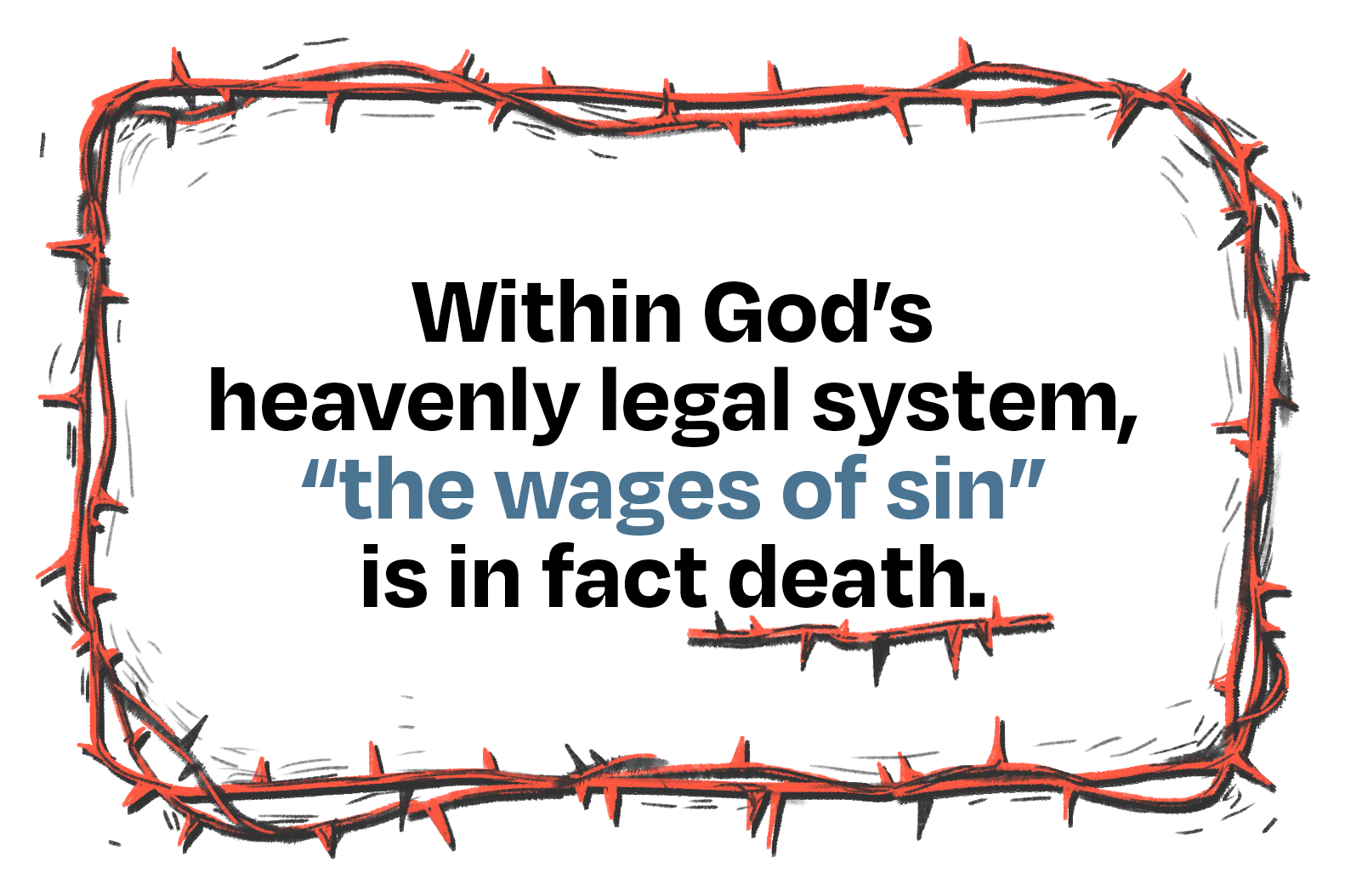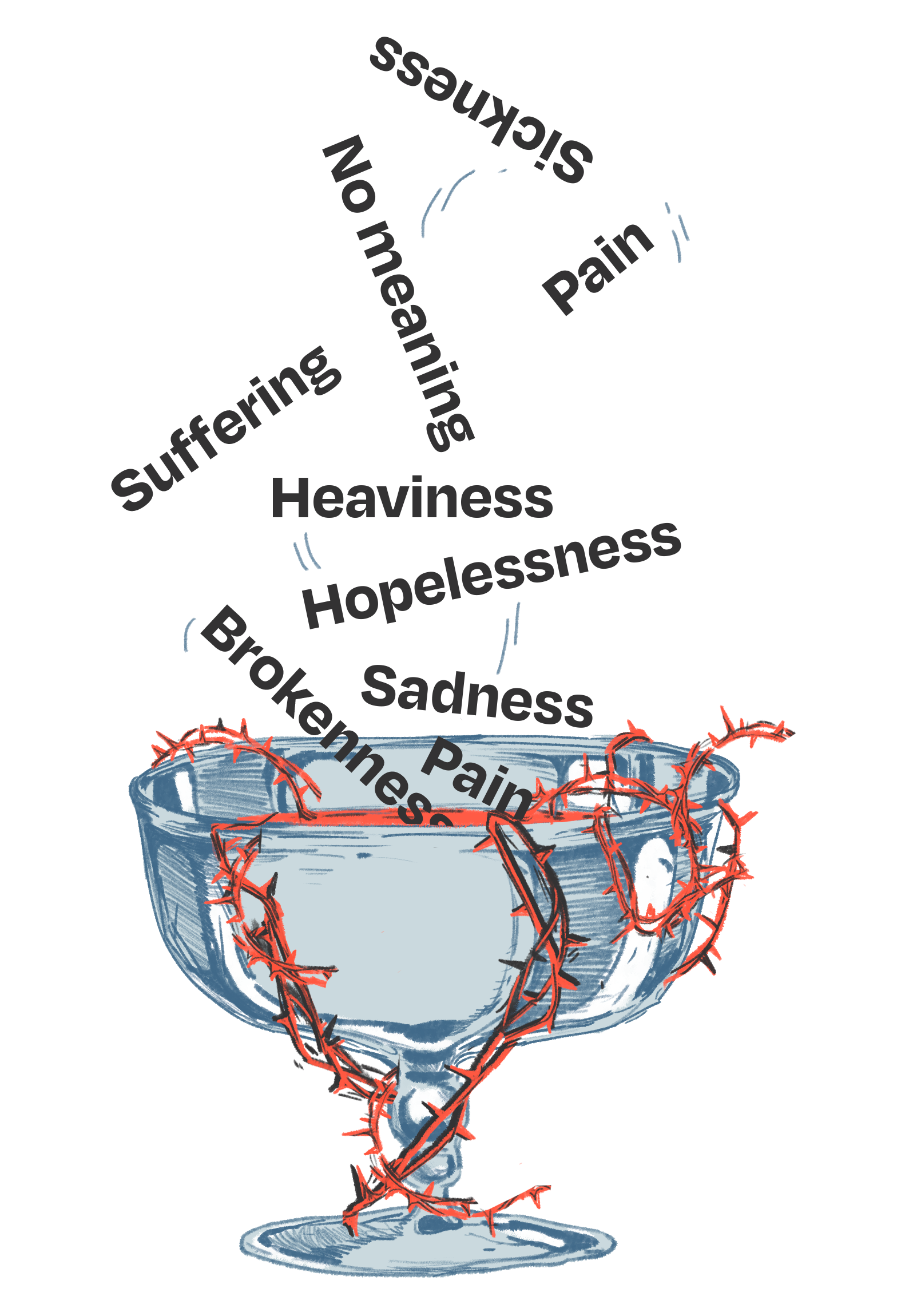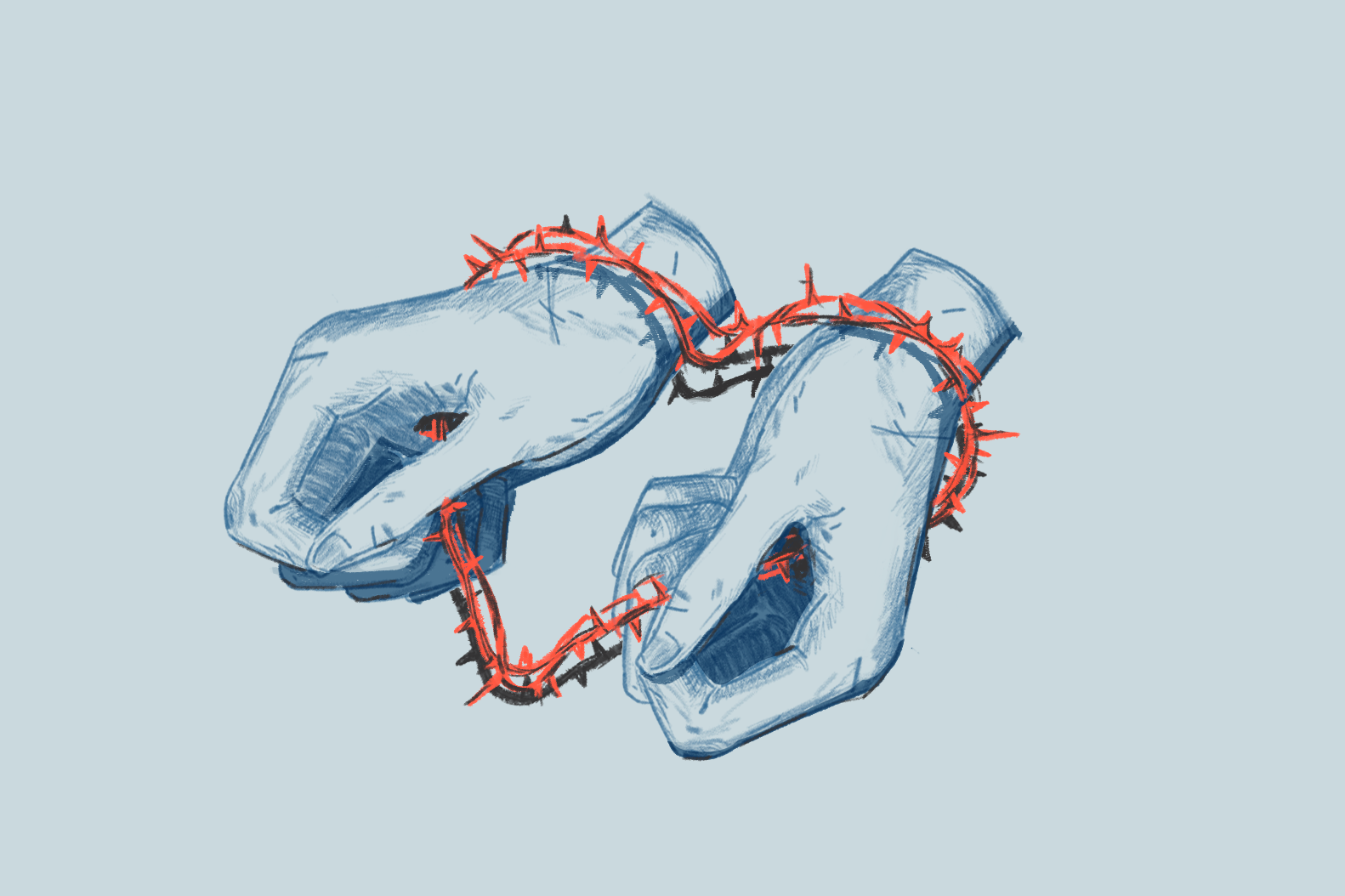On April 3, hundreds showed up to attend a protest against the death penalty in Singapore once the Speakers’ Corner reopened after two years.
Don’t be mistaken — I’m not here to make a case for or against the death penalty.
But it is true that this heavy topic must have weighed sufficiently on the hearts of protestors.
And in this Lenten season where questions of death and life feature very much in the contemplations of many believers, surely it is worth our attention and time to consider more carefully:
What is the hope that we have after death, all the more so for those who don’t seem to have been given a second chance in this life?
Waiting to die
As a lawyer, the subject matter is something that I’ve had to grapple with from various angles.
Needless to say, there isn’t an easy answer.
In a sense, I do believe that there is such a principle in operation within God’s heavenly legal system – “the wages of sin” is in fact death (Romans 6:23).
Perhaps the most significant and clearest demonstration of this is the death that our Lord Jesus Christ was made to face because of offences that we had committed (Colossians 2:13-14, 2 Corinthians 5:21).
We broke the law in God’s justice system and this was punishable by death.

But does that necessarily mean that God was behind the criminal mistrial that Jesus was put through?
Did God kill His only Son because of us?
And does it mean that God approves of the death penalty in our modern legal systems?
Was it not actually corrupted, misinformed, power-hungry men (instead of God) who framed Jesus for an offence (blasphemy against God) that He did not commit?
Did they not put Him through a hurried, procedurally irregular criminal trial, which resulted in His eventual death sentence?
How are we expected to hold all these different considerations in tension? What exactly are we supposed to glean from this?
As I brought this array of thoughts before God and asked Him: “Lord, what do You think? How do You see this?“, I sensed His response not in a “Yes, I approve” or “No, this is wrong”, but in a tender voice saying:
“I know exactly what it is like to be sentenced to death and to surrender myself to that.”
Jesus understands
As impassioned as many of us may be about the death penalty, few can say that we truly understand. Isn’t it remarkable that our Lord Jesus is able to say that?
Hebrews 5:7 tells us that “in the days of his flesh, Jesus offered up prayers and supplications, with loud cries and tears, to him who was able to save him from death”.
It is one of the many reasons why the author of Hebrews says Jesus qualifies as one who is able to “sympathise with our weaknesses”.
Though not specifically referred to in Hebrews 5, one would immediately be reminded of the scene in Gethsemane where our Lord cried out for God to take this “cup” away from Him (Mark 14:35-36).
The emotional, mental and physical agony He must have suffered to have let out this desperate plea for help!
Yet in all this, Jesus looked to the Father and said: “Yet not my Will, but Yours be done”.
As author Kent Hughes put it: “As a man Christ cried for escape, but as a man He desired the Father’s will even more.”
In what seemed like a hopeless, dead-end situation, Jesus surrendered and subjected Himself to circumstances brought about by human hands – the imperfect, broken (even corrupt) human authority and system.
But what bears remembering is that in surrendering Himself, our Lord subjected His entire self to a Sovereign and Loving God who was working for good in unimaginable ways amid the pain.
Our Lord understands this – more than some of us will ever know. And He offers hope.
We will face our own dead ends
This encouragement is for all of us.
Without sounding unnecessarily morbid, it is wisdom for us to live in the biblical reality that we face certain death (Psalm 90:12).
And along the way, we will be confronted too with various kinds of “death sentences”, which may be the direct result of broken human systems and actions (e.g. employment circumstances, health conditions, relational issues, world events).
In many of these situations, in our desperation many of us will pray for escape: “Lord, please take this cup from me!”

What do we make of this sense of hopelessness; the painful path to be walked; the heavy, sometimes unbearable, weight of our cross and where the destination appears only to be certain death?
In those moments, we remember: Our God identifies.
Our Lord understands, and not just in a “give-you-a-hug-everything-will-be-okay” manner – Jesus Himself walked that unimaginable journey as a criminal convict awaiting death as a punishment.
And having walked through that dark tunnel, He has now come out the other side to offer us hope eternal – hope of a resurrection life after death.
A second chance in the truest, richest and most meaningful sense.
For the message of the cross is foolishness to those who are perishing, but to us who are being saved it is the power of God. (1 Corinthians 1:18)
Friends, in this Lenten season where we preach and cling on to that message of hope, may we remember that there can be no resurrection without death.
May this encourage each of us to receive and even embrace the journey of the Cross that we must walk through, in order to come out the other side.
This is the path of the disciple of Christ – the journey of the Cross.
And because Jesus suffered it alone, we need not now suffer it alone.
Because Jesus subjected Himself to the sentence of death and walked the death row, we can now walk through the situations that threaten to keep us imprisoned with a heart of hope.
Without death, there can be no resurrection;
Without darkness, there is no desire for light;
Without tasting hopelessness, there can be no satisfaction of a hunger for hope.
- Are you facing a hopeless situation, or is there something that you’ve been asking God to remove from your life?
- Do you believe that God is with you in your pain and is working for your good amid your suffering?
- What does the cross and resurrection of Jesus mean to you?










